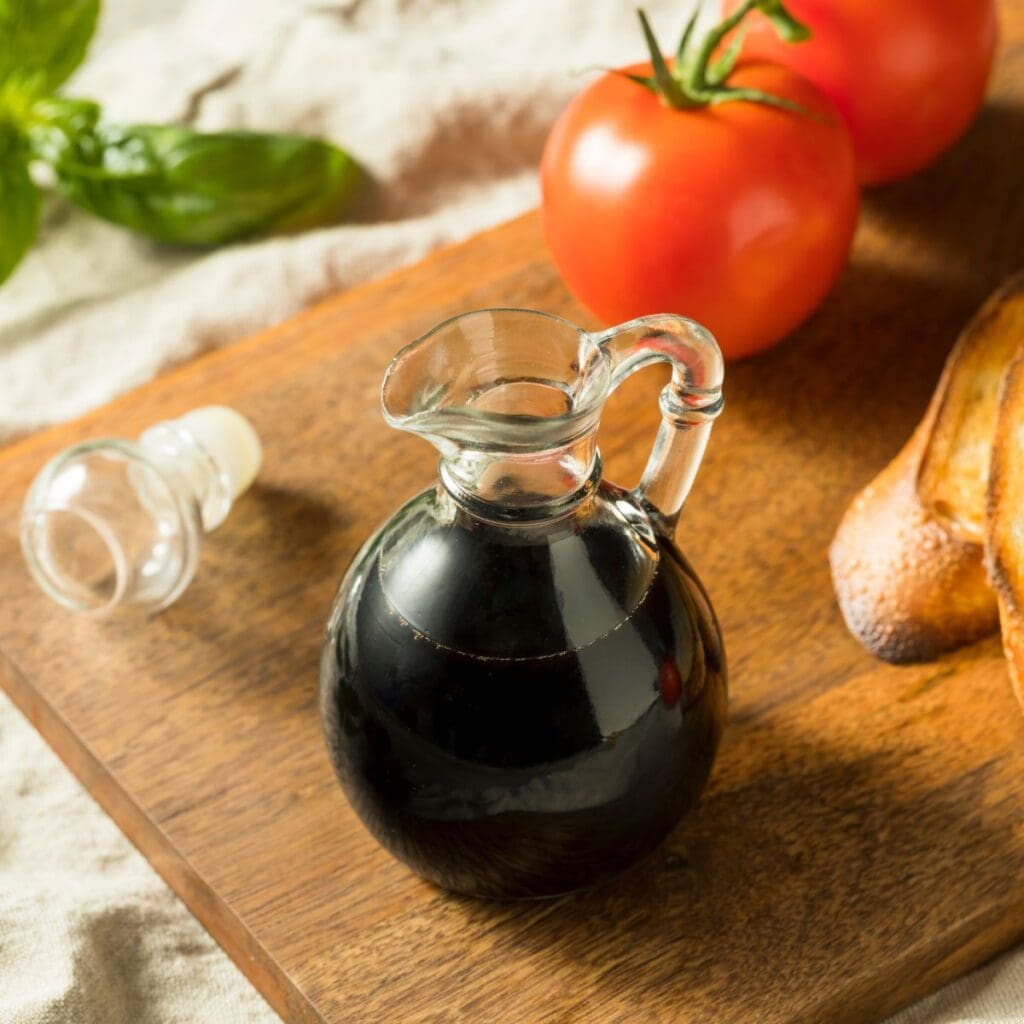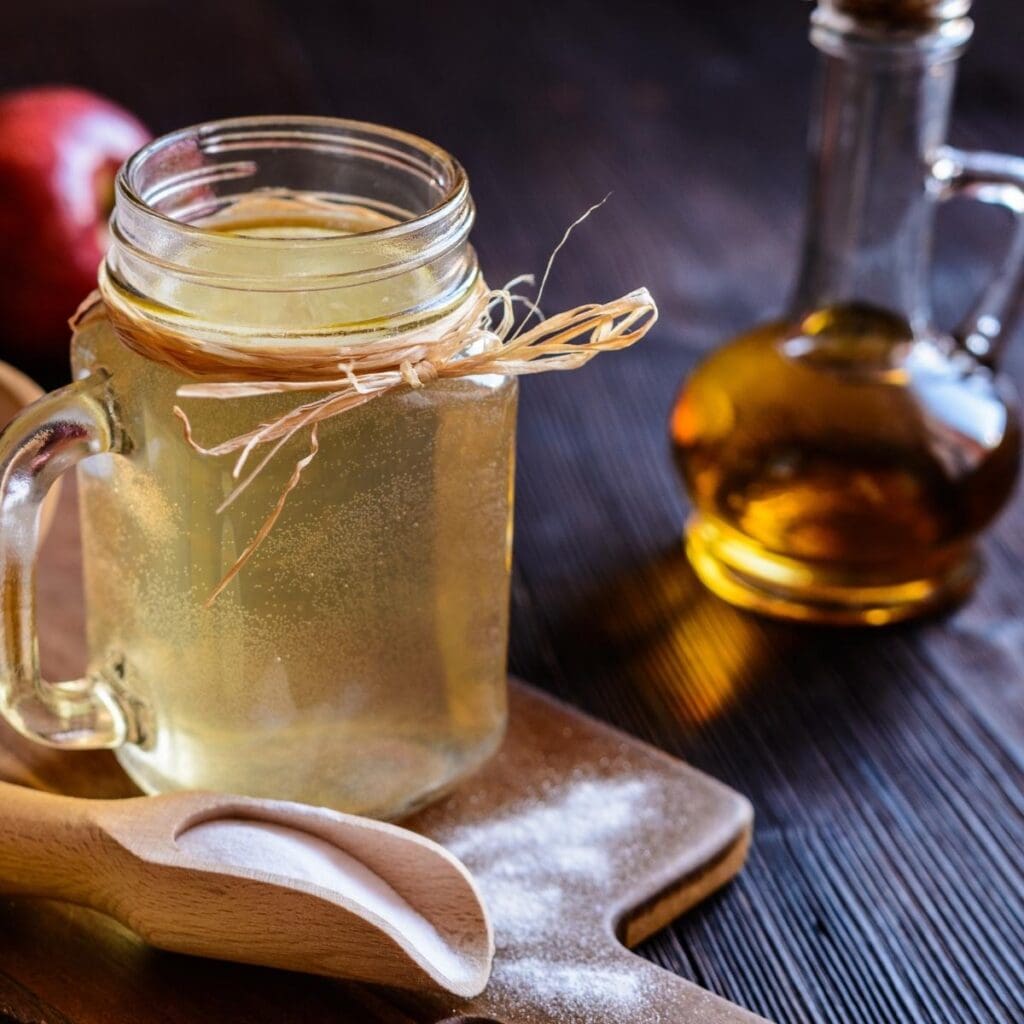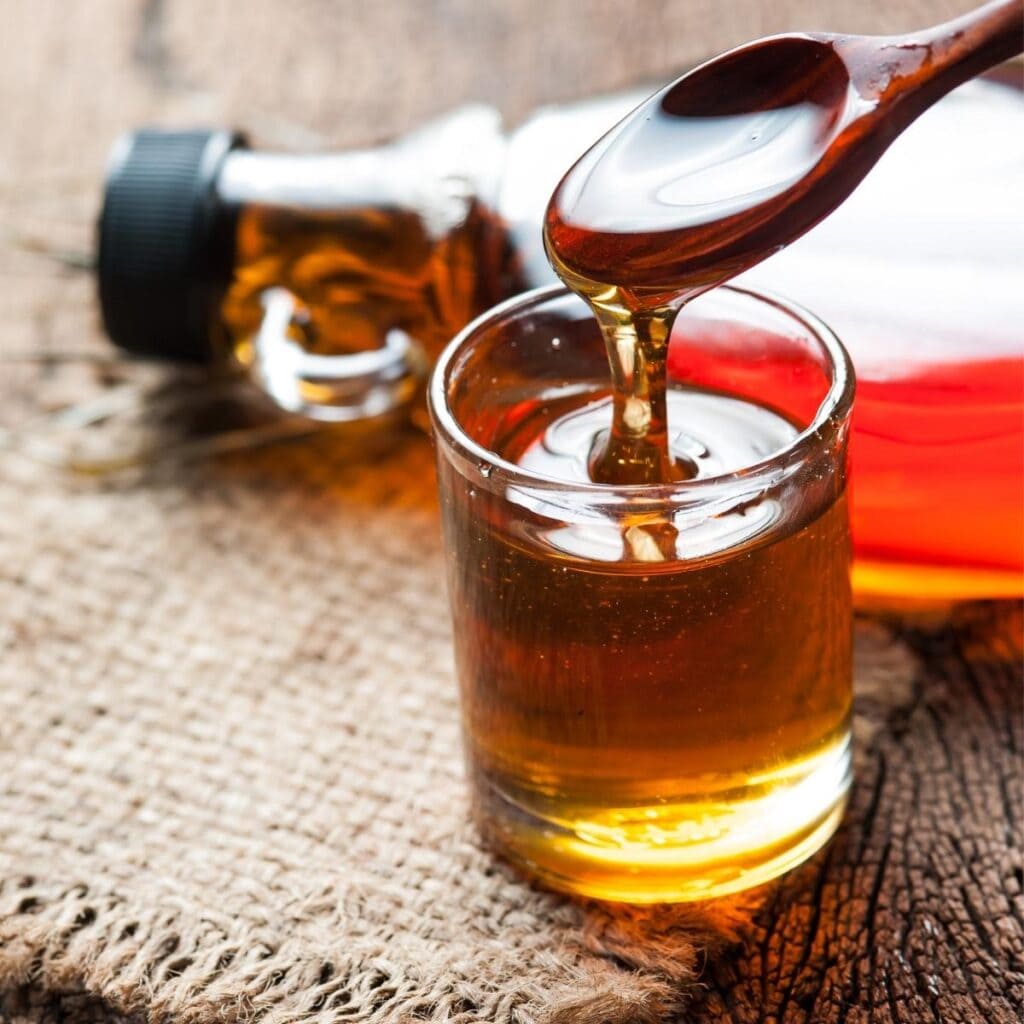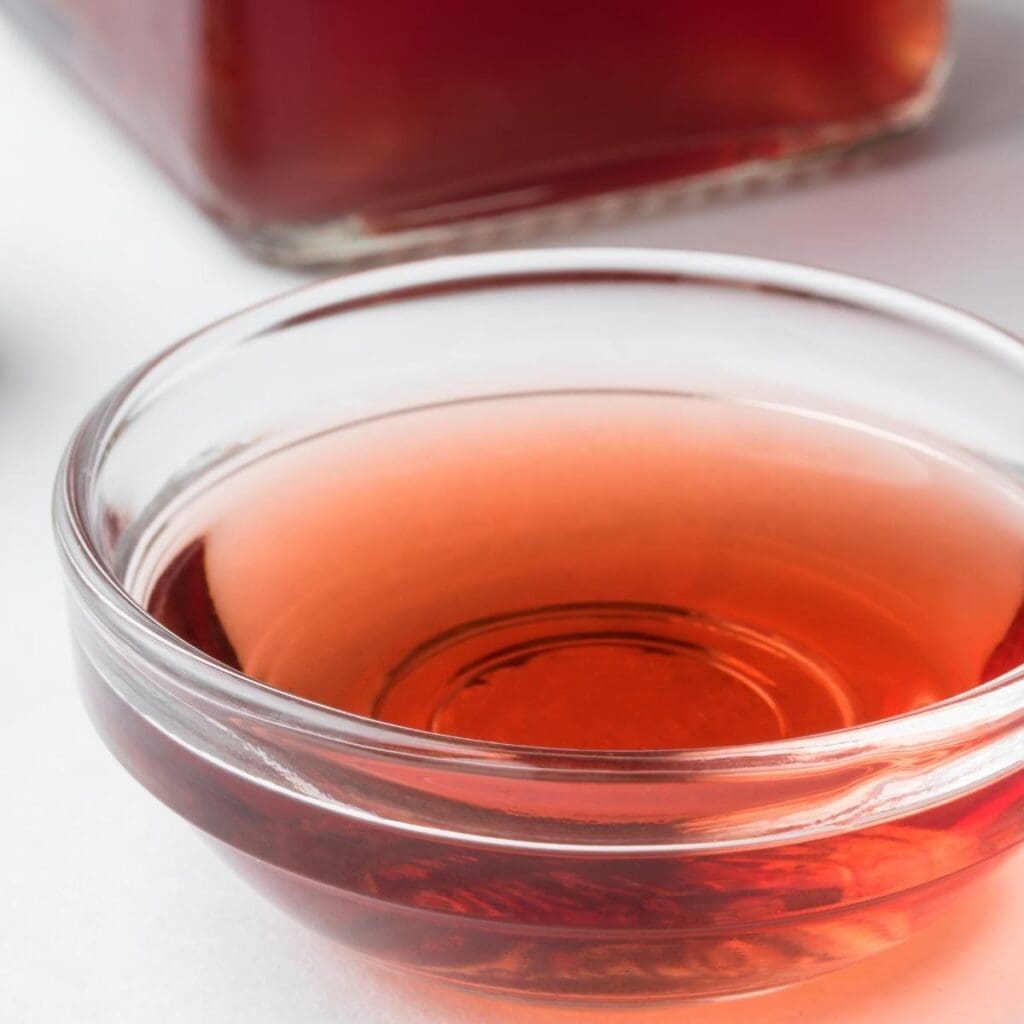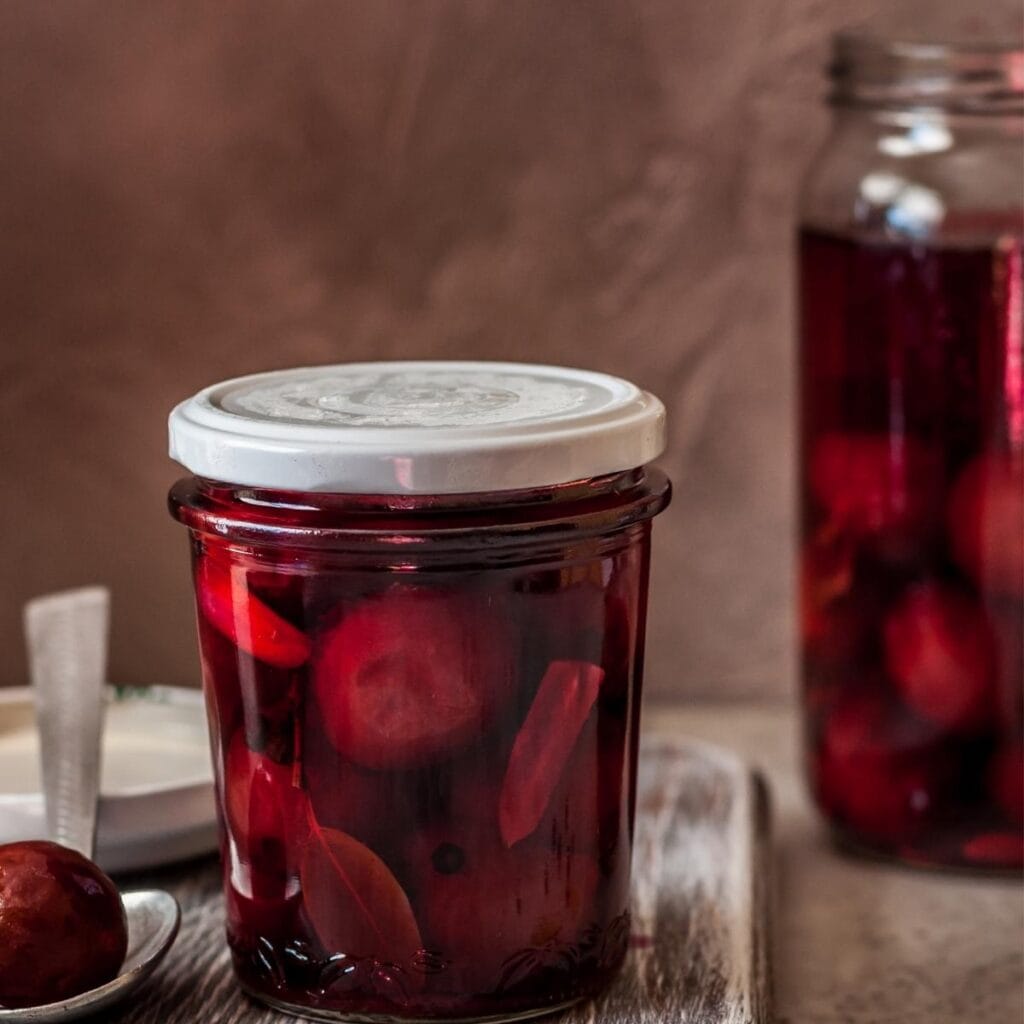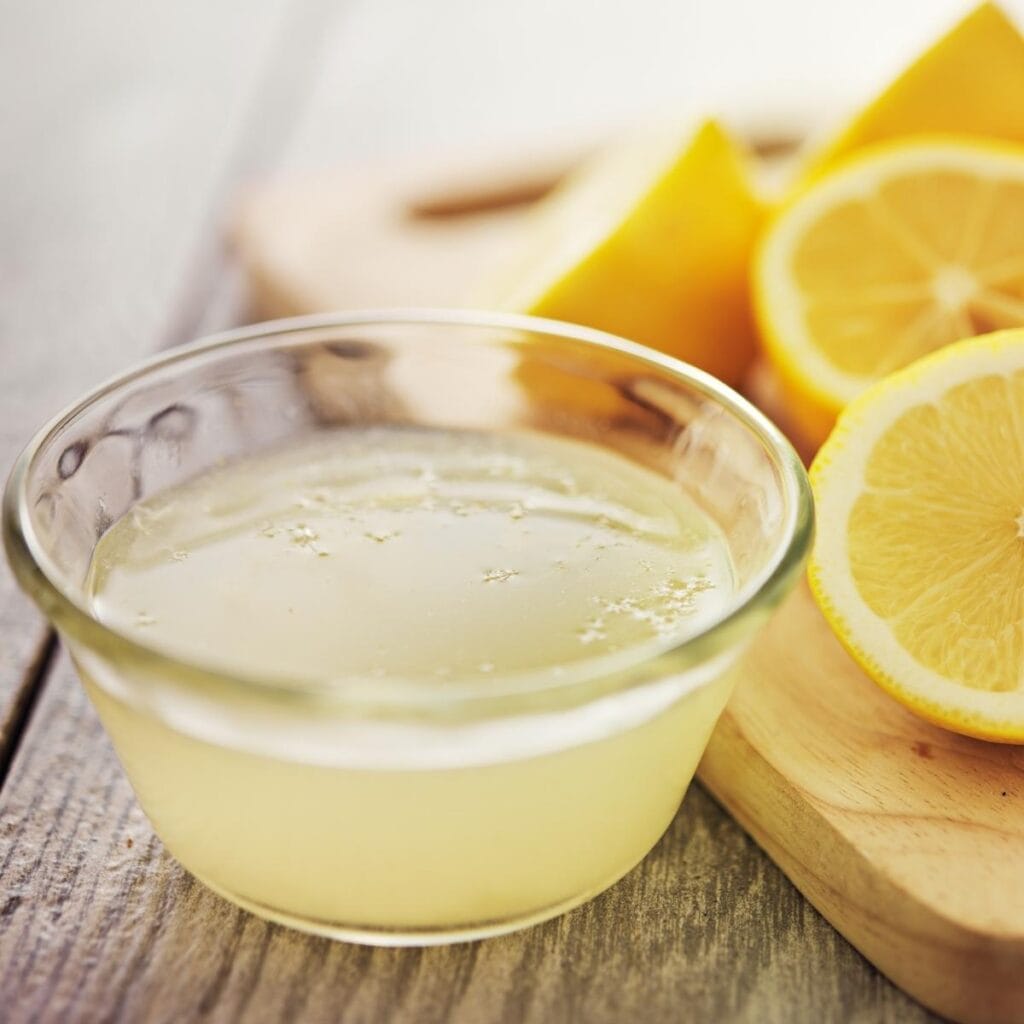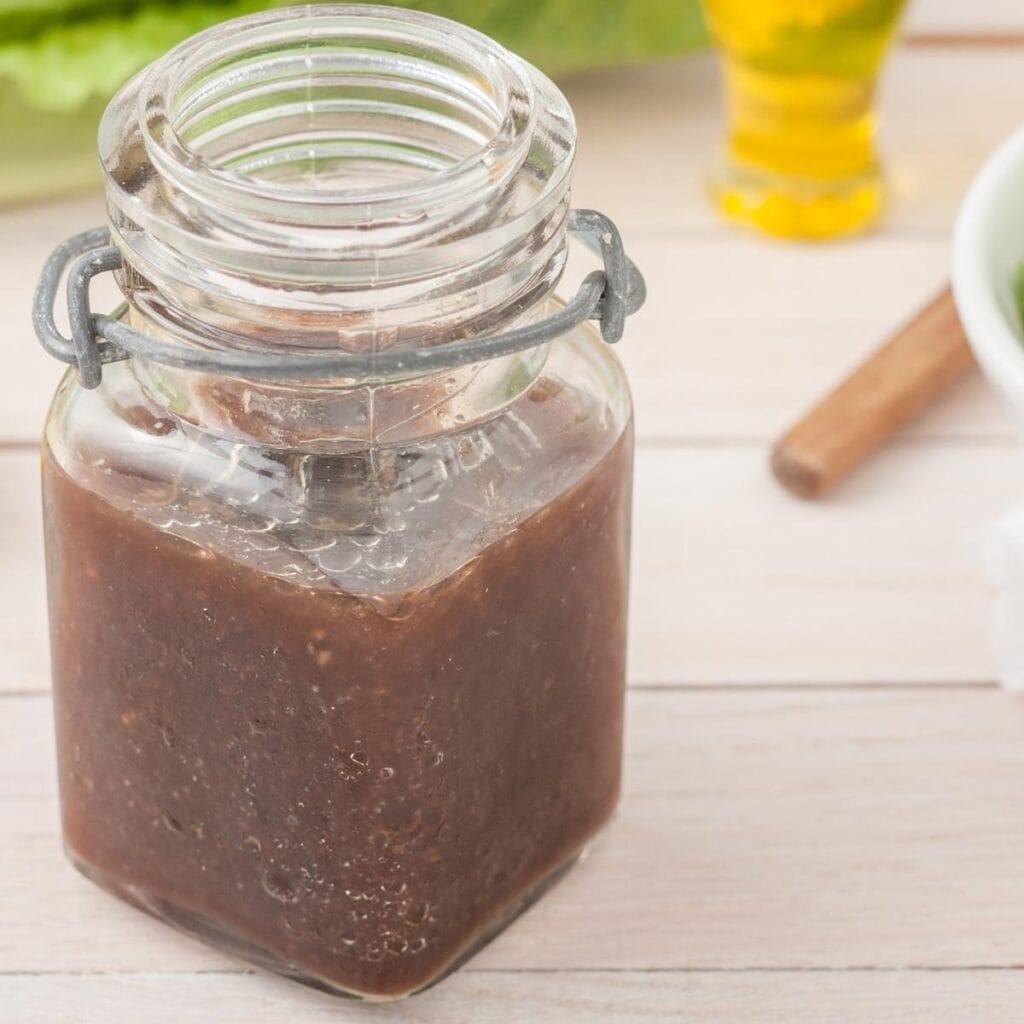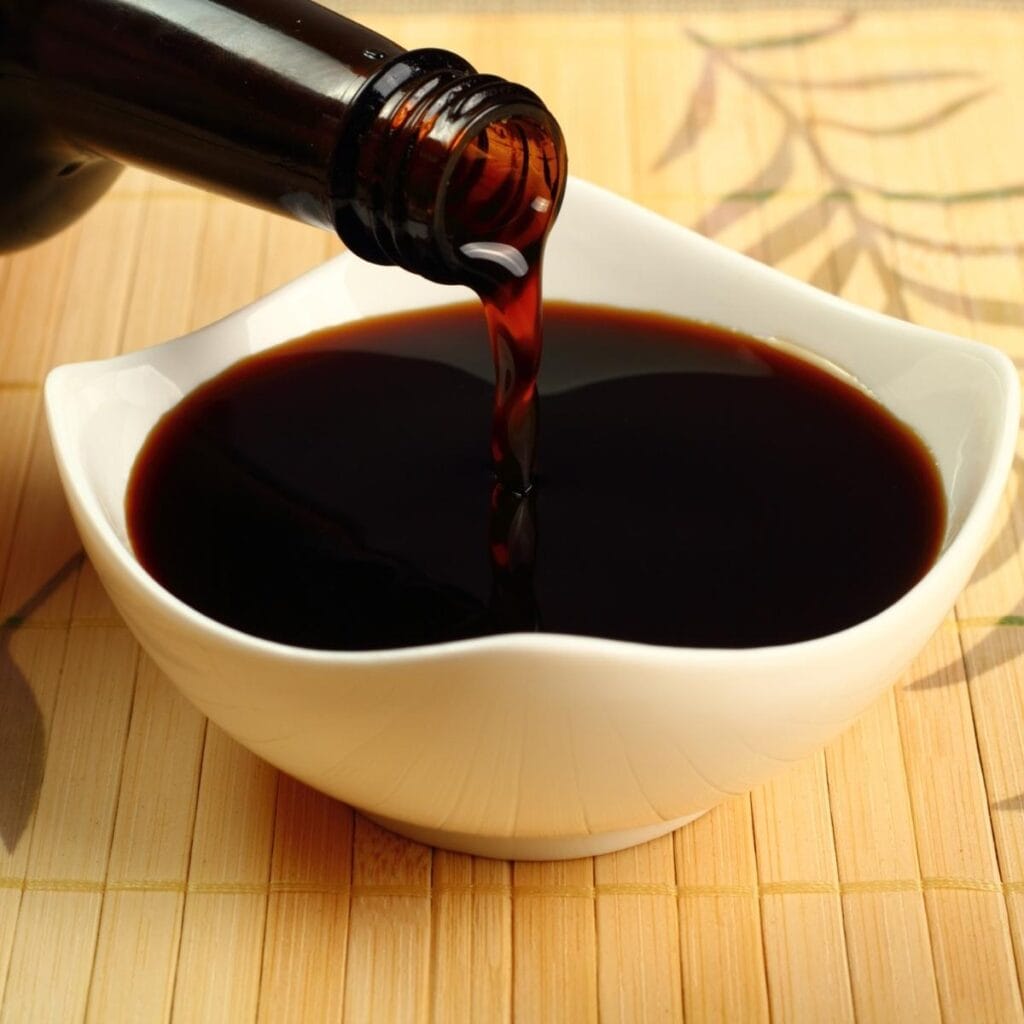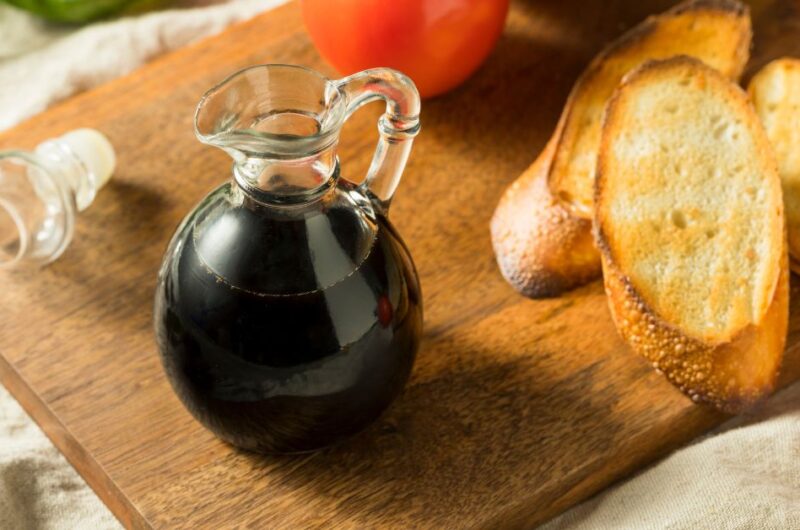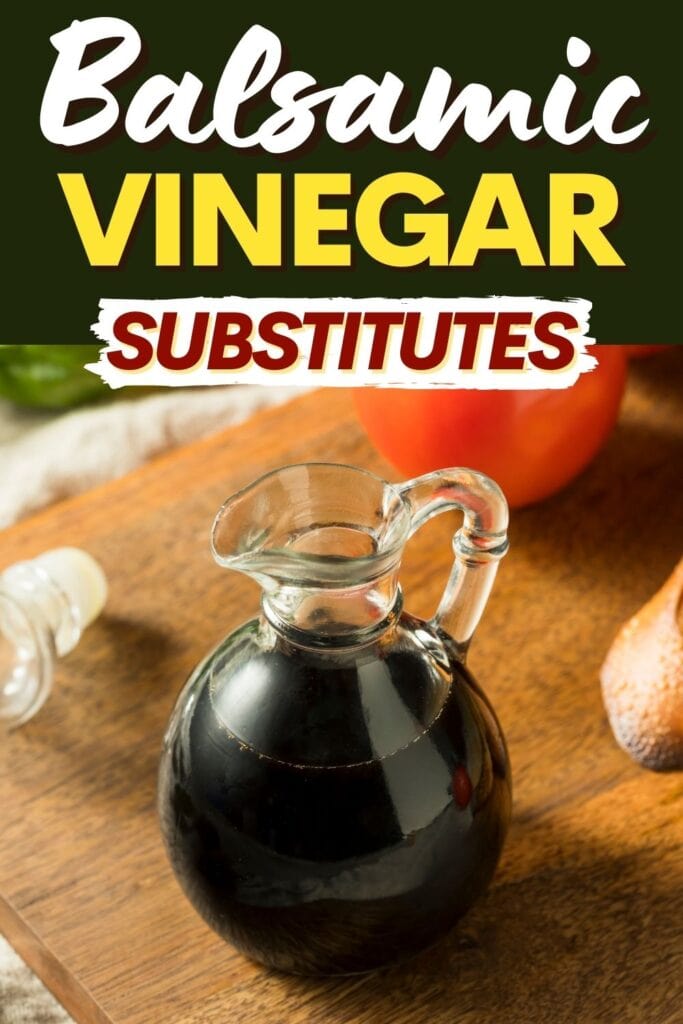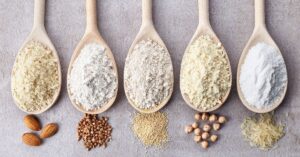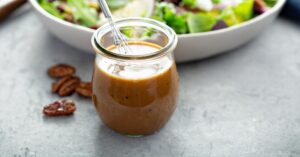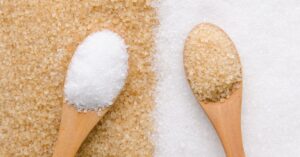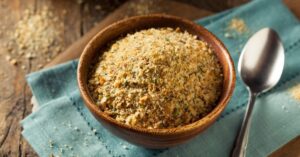Take Caprese for example. Without balsamic, it’s just a good salad of tomato, basil, olive oil, and mozzarella. But with a drizzle of balsamic vinegar, it’s great! And a drizzle of a balsamic vinegar substitute will be just as tasty! Plus, these substitutes will save you some moola, as balsamic vinegar can be pretty pricey. Balsamic Vinegar Balsamic vinegar hails from Italy and it is a dark vinegar made from crushed grapes. It’s aged, fermented, and concentrated, so it’s thick and syrupy, and super flavorful. Balsamic vinegar isn’t sweet per se, but it does have sweet, fruity undertones. Those undertones combined with their acidity make balsamic vinegar a fantastic addition to any dish.
What are the Best Balsamic Vinegar Substitutes in Recipes?
The best balsamic vinegar substitutes will have the same notes of sweetness, richness, and acidity. A good substitute will also have a similar consistency to balsamic. These delicious options will work whether you need balsamic for dressing, drizzling, glazing, or marinading. They might not taste exactly the same, but they’re delicious in their own right. Here are 7 fantastic balsamic vinegar substitutes for you to try!
1. Apple Cider Vinegar and Sugar
This option is a little sweet and a little sour! I’ll be honest, this doesn’t taste exactly like balsamic but it’s very good. And it definitely does the job. You can use whatever sugar you have on hand. However, brown sugar is the best choice. It has a much richer flavor that more closely resembles the sweetness of balsamic vinegar. This is a great option for general cooking, salad dressings, and marinades. It’s especially great as a chicken marinade as the acid helps tenderize the meat. Substitution Ratio: you can substitute 1 tablespoon of apple cider vinegar + ½ tablespoon of sugar per 1 tablespoon of balsamic vinegar.
2. Red Wine Vinegar + Maple Syrup, Honey, or Sugar
Red wine vinegar, plus a sweetener is a great option. This is because it has a similar grape-sweet taste to that of balsamic. Maple syrup is the best sweetener to choose for this substitution because of its consistency. Honey is the next best, and sugar will also work in a pinch. This substitution works well for most dishes that require balsamic. Substitution Ratio: the ratio depends on the application.
For dressings and basic cooking needs, substitute 4 parts red wine vinegar + 1 part maple syrup per 1 part of balsamic vinegar.
1 tablespoon maple syrup + 4 tablespoons red wine vinegar = 1 tablespoon balsamic vinegar.
For glazes or drizzles, substitute 2 parts red wine vinegar + 1 part maple syrup per 1 part of balsamic vinegar.
1 tablespoon maple syrup + 2 tablespoons red wine vinegar = 1 tablespoon balsamic vinegar.
3. Caramelized Red Wine Vinegar
Caramelized red wine vinegar is the best of the best substitution options. It’s rich, syrupy, and processed the same way as balsamic vinegar. The main difference is that it often isn’t aged like balsamic. So, the flavor isn’t quite as strong. But it’s still really delicious! This option is great for any dish that needs a dash of balsamic. They’re especially yummy in glazes and drizzles. Substitution Ratio: you can substitute caramelized red wine vinegar for an equal amount of balsamic vinegar (1:1).
4. Fruity Vinegar and Sugar
Balsamic is made from fermented fruit and so is specialty fruit vinegar. So, this option just makes sense. A little sugar makes it more palatable. This option is great because you can choose from several delicious flavors. Great fruit vinegar options include blackberry, plum, cherry, and raspberry. Brown sugar works the best in this substitution, but any other sugars will work too. You could even use honey if you need to. If you love zippy, summer salads this option is the best for a dressing. But it also makes a really fantastic glaze. Substitution Ratio: you can substitute 1 tablespoon of fruity vinegar + ½ tablespoon of sugar per 1 tablespoon of balsamic vinegar.
5. Lemon Juice, Lime Juice, and Sugar
If you love citrus or your dish needs a bright touch, then try this substitution! To be honest, this option should be your last resort, as it really doesn’t taste like balsamic vinegar. It’s also not nearly as rich. However, it is cheap and easy to make and definitely adds the acidity many dishes need. To make the mixture, simply mix equal parts lemon and lime juice. Then, add in an equal measure of sugar. For example, ½ cup lemon + ½ cup lime + ½ cup sugar. You can also use honey or maple syrup if you prefer. This option is great for dressings, marinades, and general cooking. Substitution Ratio: you can substitute the citrus mixture for an equal amount of balsamic vinegar (1:1)
6. Balsamic Vinaigrette
Balsamic vinaigrette is a fabulous substitution choice because it already contains balsamic. It also has olive oil and seasonings. Luckily, the extra ingredients shouldn’t change the flavor of your dish too much. And if you need to make a dressing, you’re already there! Balsamic vinaigrette works well as a dressing, drizzle, or marinade. Substitution Ratio: you can substitute balsamic vinaigrette for an equal amount of balsamic vinegar (1:1).
7. Soy Sauce Mixture
This mixture consists of red wine vinegar, grape jelly, and soy sauce. Honestly, this is a total umami bomb! It’s sweet and salty and absolutely delicious. This mixture works really well for glazing, marinating, or cooking meats. Unfortunately, for the math-adverse, this does require a few calculations. At least they’re straightforward! Substitution Ratio: you can substitute every 1 ½ tablespoon of balsamic vinegar with the following mixture.
Red wine vinegar: 1 tablespoon
Grape jelly: 1 teaspoon
Soy sauce: ½ teaspoon
Click on a star to rate it!
Average rating 5 / 5. Vote count: 1 No votes so far! Be the first to rate this post.
Share on social media: Let us improve this post!



